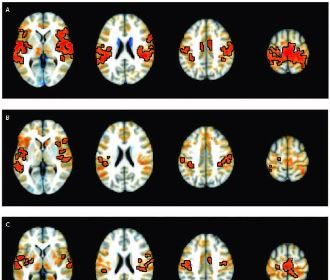Case Western Reserve University Awarded $7.3M for Eye Research

CLEVELAND — Case Western Reserve University School of Medicine has been awarded a five-year, $7.3 million grant from the National Institutes of Health to identify new technology, methods and models to study the impact of inflammation and pain on the surface of the eye.
“The cornea is the most densely innervated tissue in the body, yet we have a poor understanding of how structural and functional integrity is maintained at the eye surface,” said Michael Jenkins, the Dr. Donald and Ruth Weber Goodman professor of Innovative Cardiovascular Research at the School of Medicine, and principal investigator on the project.
“Understanding neural control at the eye’s surface is critical to understand many diseases, including dry-eye disease, diabetes and more,” he said. “This will also help us better understand problems like corneal neuropathic pain.”
Jenkins said the research will involve a multidisciplinary team from CWRU and Cleveland Clinic with expertise in such areas as advanced 3D microscopy, neuroscience, pain, immunology, spatial statistics and machine/deep learning, among other areas.
The team will also investigate eye surface control under different inflammatory and pain conditions such as evaporative dry-eye disease, diabetes and bacterial keratitis to better understand how treatment options affect the eye surface control system.

























